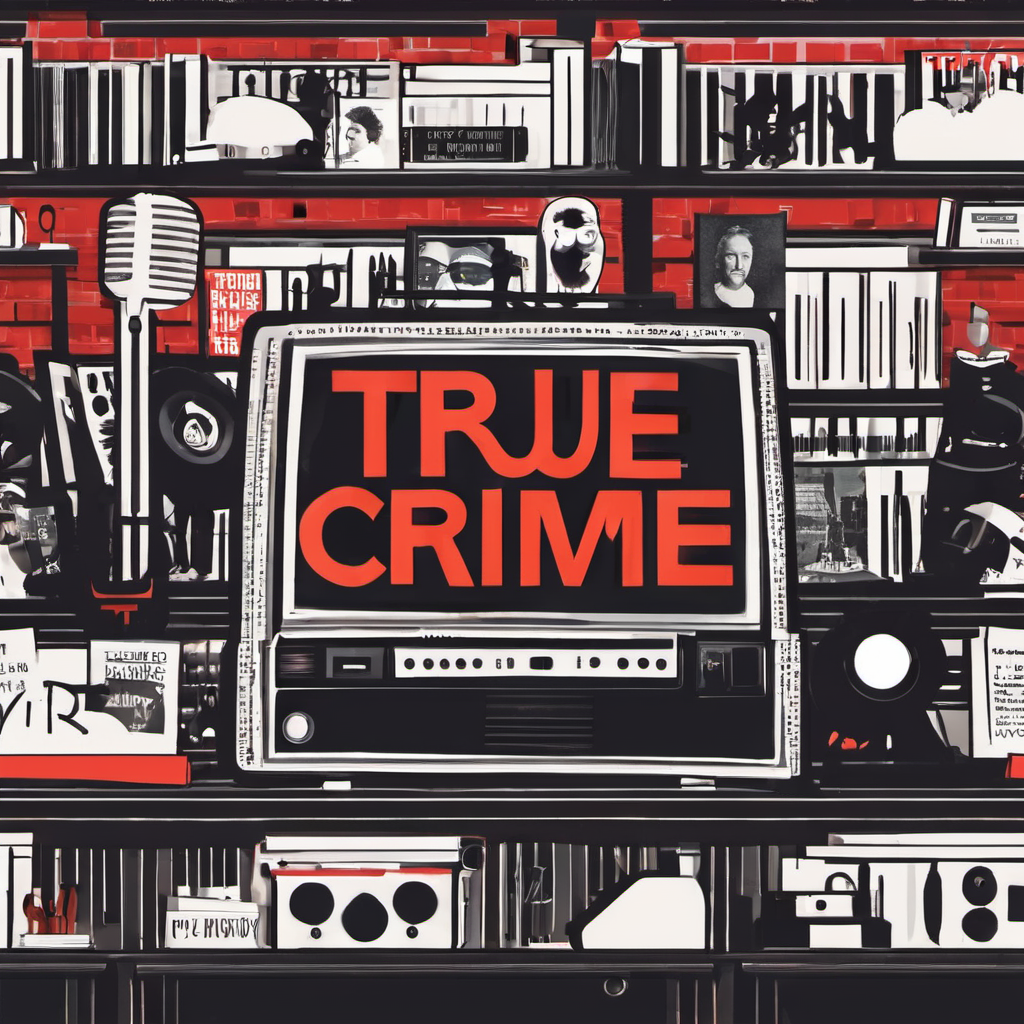April 10, 2024
Categories
Culture, Entertainment, Law & Justice, Media, News, Opinion, Television
Tags
Share
(NEW YORK) – Known to true crime junkies as the granddaddy of true crime, Dateline’s correspondent Keith Morrison may come across as an unlikely model for ethical journalism. But this almost thirty-year veteran of the popular TV news magazine is also an award-winning journalist who has covered significant moments in politics and breaking news, such as the Vietnam War, the Tiananmen Square massacre, and the Yom Kippur War in the Middle East.
According to Nielsen Media Research, NBC’s Dateline is the #1 most-watched news magazine and true crime franchise on TV. Dateline attributes its success in the ratings to its “compelling mysteries, powerful documentaries, in-depth investigations.” But does true crime count as journalism? If so, with Dateline’s unconventional methods for getting sources, can it be considered ethical journalism? Does Morrison’s association with Dateline diminish his legacy as a serious journalist?
Articles in publications like The Guardian and Time Magazine have argued that true crime isn’t journalism because true crime stories are exploitative. After refusing to cooperate with Netflix’s true crime series, I Am a Killer, Jenna Wimmer, the stepsister of victim Robert Mast, told Time Magazine, “Real people living real lives keep getting re-traumatized every time.”
Even Morrison has questioned the ethics of true crime and disputed his status as a “true crime sex symbol.” In an interview with GQ, he said he was uninterested in true crime and “felt it took advantage of people’s pain.” While he understands the scrutiny, he also acknowledges the importance of human storytelling. He shared one particular Dateline episode that focused on the murders of sex workers. “It was so powerful to me that somebody cared about the ones who supposedly don’t count,” he said.” With his buttery baritone voice and natural ability to put people at ease, Morrison taps into the human connection that is at the core of journalism.
Morrison’s association with murder mysteries does not detract from his weighty contributions to journalism. His commitment to the search for the truth has brought him to dangerous war zones and conflict areas. In 2005, he traveled to Uganda, where he investigated the thousands of children being killed or captured by rebels. The Dateline segment that came out of this reporting, “Children of War,” won him an Emmy for Best Report in a News Magazine and led to the arrest warrant for Ugandan rebel leader Joseph Kony.
In addition to providing a safe space and minimizing harm, Morrison brings another layer of authenticity to his journalism. Unlike other correspondents, TV personalities and pundits, like Tucker Carlson, who often don’t write their own material after they become famous, Morrison remains true to his journalism roots. He told GQ that he writes “or at least punches up” most of his scripts.
Some journalists take issue not with the subject matter found in true crime but with the methods used to obtain sources. Washington Post staff writer Paul Farhi accused Dateline of paying the civilian watchdog group Perverted Justice $100,000 to stage a pedophile sting operation. Bob Steele of Poynter Institute, a journalism education organization, said Dateline’s actions left its parent network, NBC, in a “very troubling” situation because they muddled the boundaries between law enforcement, news media and paid media.
Although the SPJ Code of Ethics states that journalists should not pay for access to news, Allan Maraynes, a former senior producer at NBC and guest lecturer at New York University, Columbia University and Tufts University, considers what Dateline does to be “enterprise journalism.” Dateline goes beyond covering news or events; it provides in-depth reporting. Furthermore, he argues, Dateline’s efforts helped catch 18 people attempting to prey on children, making its pedophile sting operation a public service. Catching criminals and preventing sex crimes serve the interests of the public and make society safer, which aligns with SPJ’s guidelines for journalists’ roles as watchdogs.
Skepticism of Dateline’s journalistic standards is natural, given the news magazine’s focus on sensational crime stories. As the face and voice of Dateline, Morrison also occupies a gray area of journalism. However, despite paying for access to sources, Dateline provides value to the public because it brings attention to people not usually covered by mainstream media or news organizations. Additionally, Morrison’s status as a pop culture phenomenon does not discredit his decades-long contributions to journalism. His unique interview style is what encourages people to open up freely.
Dateline and Morrison have reached audiences of over 90 million viewers. They may not check all the boxes for perfect ethical reporting, but they amplify the storytelling of human experiences. They raise the public’s consciousness, help bring justice and give voice to the voiceless, marginalized, underrepresented and often overlooked. They bring heart and humanity to journalism.


